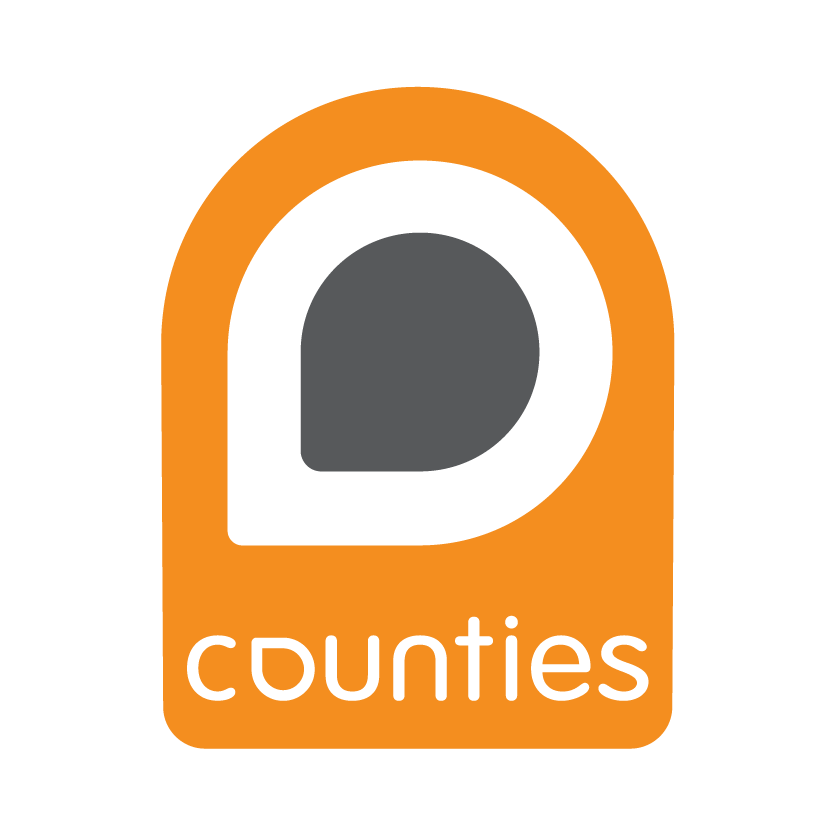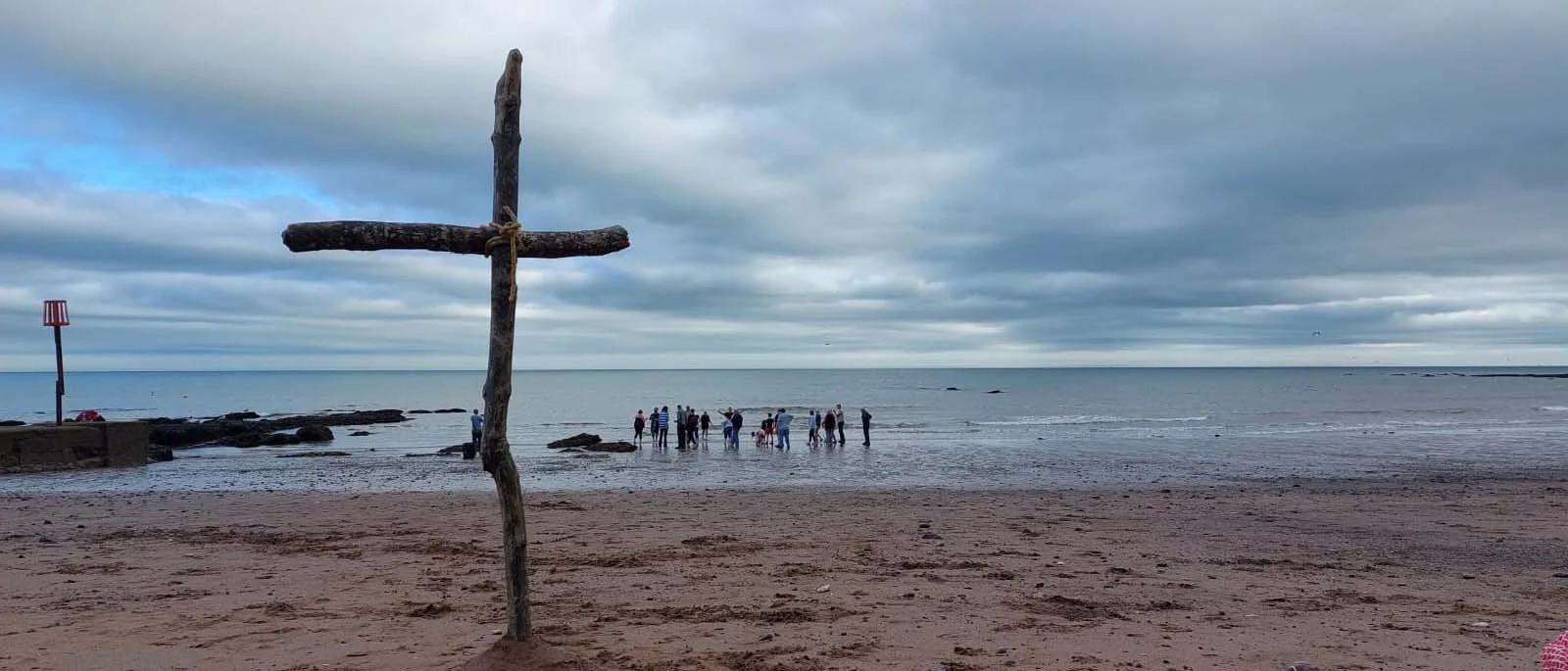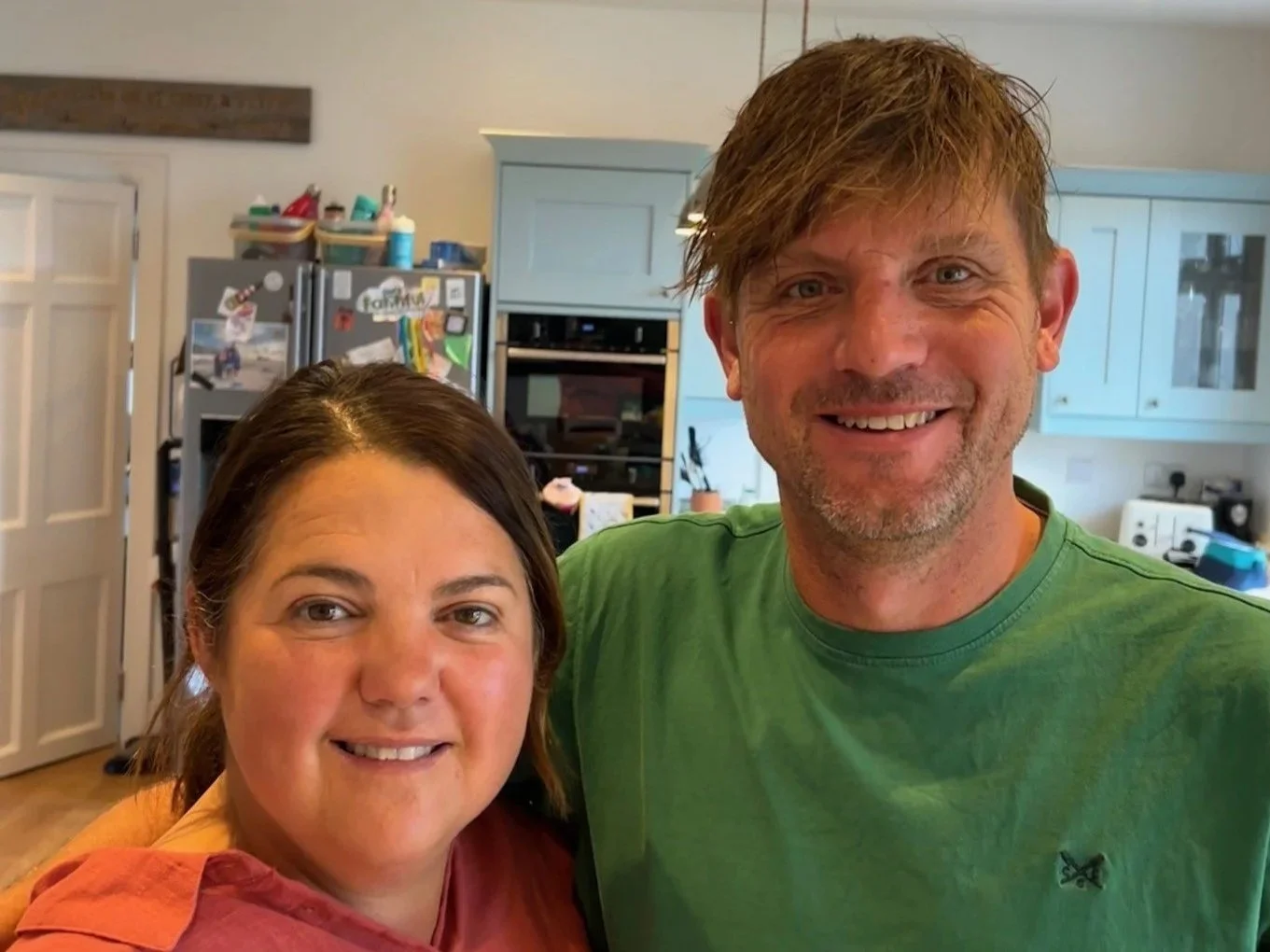“6 For 6 In Devon” has launched as the latest initiative in the Counties Connect Network
Counties has launched the Counties Connect Network – a network of local churches committed to pursuing the fulfilment of the Great Commission.
We’re already seeing people sign up to the Connect Evangelist Training Programme, and Church Leaders are catching the vision in their local communities. As the network begins to grow, Ignite talks to Counties Regional Coordinator, Andrew Conlan, who shares the new project for Counties Connect: “6 for 6 in Devon”.
Firstly, Andrew, how has the church community in Devon already engaged with Counties Connect?
Counties Connect has different aspects, in terms of trying to connect with church leaders and provide them with encouragement, as well as pointing them to Counties’ resources. However, we felt that there was a need to encourage churches to see what God could do in their communities, so we conceived the idea of identifying six workers (or couples) for six churches over six years. It’s being coordinated by a team of people from Counties, as well as church leaders who share the vision to revitalise churches here in Devon.
Numerous churches are struggling with shrinking and ageing congregations, as well as a shortage of new leaders. There was no specific reason for choosing six, but it will be a challenge, but we think it’s ‘doable’.
What will these six workers be doing?
Their main job will be to come alongside churches that need a fresh impetus and new leadership. We recognise that they can’t do it all, but we want them to work alongside churches and help lead their future mission. In many of these churches, the congregation still desires to reach out to their local communities, but they lack the necessary resources. We believe that the resources Counties offers, combined with the input of fresh leadership, could turn that around.
What are the resources that Counties offer?
There’s access to the Evangelist Training Programme, and coming together with other church leaders in regional area meetings. Specifically, regarding ‘6 for 6’, we aim to offer clear line management to provide guidance and accountability. Alongside that, there will be an external training programme, which will be provided by the Counties, along with some other organisations. There will also be a mentor and there will be a ‘hub’ of Counties workers and church leaders who regularly meet together.
One of the most significant problems for many church leaders is the feeling of isolation. Therefore, the idea of being part of something larger is vital.
Devon is obviously a rural county, so how do you think churches in urban areas will find Counties Connect beneficial?
The need for revitalisation of churches is true across the country, whether that’s in rural or urban areas. Beyond the benefits of a mission, Gospel focused ministry is a wider encouragement to the church, of seeing good things happen, especially seeing churches working together. It does require church leaders to have a desire to reach out beyond their own church, and they often have enough on their plates. It’s a big ask, but the benefits are enormous, and Counties is behind them with Counties staff, other church leaders, prayer, encouragement, training, and resources.
Finally, the great news is you have one couple already who has signed up:
Chris and Ruth Eales are working with Umberleigh Christian Fellowship as Community Pastors. The church had been desperately seeking help, as the congregation was very small. Chris became available, and things moved from there.
Meet Chris and Ruth Eales
Chris Eales, 52, is married to Ruth and they have two children. They live in Newport (on the Bishops Tawton side of Barnstaple) and have done for 12 years.
Chris was a schoolteacher for 15 years. He worked for a church in Manchester for five years and was also involved in a couple of church leadership teams. For the last 11 years, he has worked for Scripture Union as a Mission Enabler, coaching and training church workers and leaders in their outreach to young people.
He says: “I’ve been looking for a role where I can lead, innovate, and help to shape church life, but from a place of team where I collaborate with others and help to draw things out from others and them from me.
“Over the last year or two, I have sensed the ‘nudging’ of God to be moving on from my Scripture Union role and looking for my work role to be with the church. This was confirmed by a few ways in which I sense God leading, including a couple of recent prophetic words.”
Why did Umberleigh make the decision to appoint Chris as a leader?
“Umberleigh Christian Fellowship” only had a small fellowship of 15 committed people. In 2024, they asked Graham Poland (Counties/Church Revitalisation Project) to explore how they might revitalise the church. Together they recognised UCF’s strengths in warm fellowship, traditional Sunday worship, and a committed Bible study group.
However, they also realised that the church had limited outreach, a lack of youth or children’s work, and a dependence on visiting preachers. They were unsure that the church might not be able to continue as it was for much longer.
So they decided to “replant” and work as “missional communities” with a new leader who could gather people to start putting their plans into action. They knew they needed a team to gather around, to be a community for the new leader and their family/children, as well as the existing congregation. At the heart of the new process is a desire to build a new work and establish a new community alongside the existing community, and integrate them.
The church is now looking to build two “missional communities”.
Chris says his priorities now are establishing a new community and encouraging the established community and building the connection between the two as one church. One part of this is visiting everyone, praying and listening.
“Another exciting venture is to pray around the boundary of the Taw Valley and draw others along. We’ve already managed 10 miles and prayed from the top of Codden Hill.
“We know this won’t be easy but are looking forwaard to growing as a church for the Taw Valley and seeing how God will lead us.”



